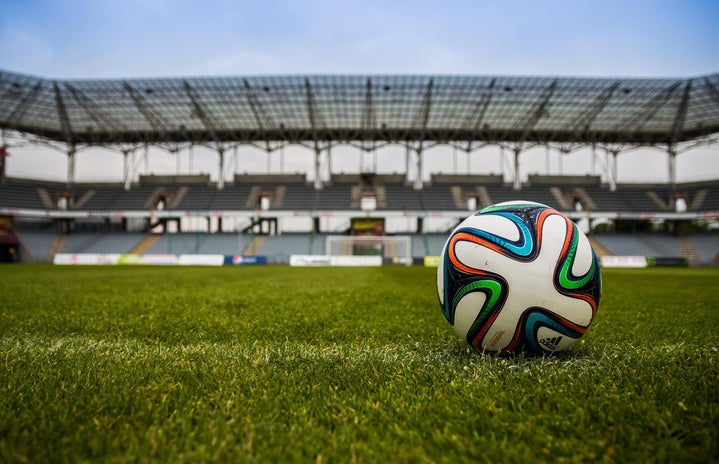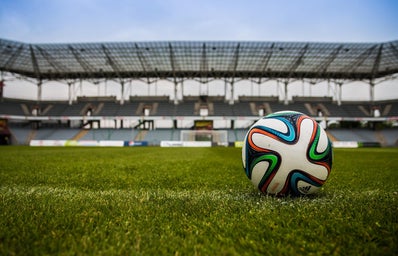During the last FIFA Women’s Wold Cup, which was held in France in 2019, the U. S. Women’s National Team (USWNT) star, Megan Rapinoe summed up the secret to lift the trophy: “You can’t win a championship without gays on your team. It’s never been done before, ever. That’s science, right there”. Sure, it is a bit of a generalization when it comes to all the sports, but in women’s football it actually seems to be the case.
WOSO Culture
The culture of women’s football as a whole was founded in inclusivity and acceptance, because women don’t have the privilege not to speak up. Even though they are the majority in the world, they are still treated as inferiors in every environment they enter, so when the time came to create the culture of women’s football, the fight for the most vulnerable groups was included, because they were, and still are, a part of it.
Not only Rapinoe, but hundreds of other players have spoken up when it comes to social and political causes, such as Black Lives Matter, Trans Rights, Equal Pay, sexual abuse and so much more. That happened because the women’s game was born out of a such marginalized and forgotten place, that the players themselves created the environment based on what they needed and believed.
Then, the lesbian representation came as natural as the game itself, since most of the women inside and out of the field, were outspokenly part of the LGBTIQIA+ community. On almost every team, club or country, you will find at least a handful of players that are lesbians, as showed by a recent pool made by Outsports, that stated that 96 players in the 2023 Women’s World Cup are part of the LGBTQIA+ community, that’s 13% off all registered players.
Love is in the air
Since the life of a football player is as chaotic as any other professional athlete, most women players end up dating a teammate, or a rival. That’s the case for Pernille Harder and Magdalena Eriksson, club mates for Bayern Munich, but rivals when it comes to international matches, since Harder is a native danish and Eriksson plays for the swede side.
The kiss they shared at the last world cup, when Sweden beat Canada to advance to the quarter-finals, made the front page on news outlets around the word. Neither of them expected to be the subject of so many news, but they have seized being a couple the LGBTQIA+ youth look up to:
“It also made Magda and I realize that we are role models not only in football, but in this area too. That’s something we’ve embraced because we know that we’re lucky in feeling secure and calm in being open about our relationship. If we can help other people be themselves – and feel good about being themselves – we really want to do that.”, said Harder and Erikson during an interview for Common Goal.
However, they aren’t the only couple that make the headlines, the spotlight has recently been shared with other couples, that just by existing they demonstrate that love doesn’t have to follow the same traditional recipe. That’s the case for Sam Kerr and Kristie Mewis, Andressa Alves and Fran, Ashlyn Harris and Ali Krieger, Beth Mead and Vivianne Miedema, and so many others.
Representation matters
The lesbian visibility can be seen scatter through all of Women’s Football, it’s in the relationships of the players, coaches and even fans, it’s in the rainbows that make the shoelaces, the corner flags, the armbands and the numbers on the back of players jerseys during pride month, it’s also in the support of straight teammates and supporters that fill the stands.
The world of women’s football, gathered in the biggest stage yet during the 2023 World Cup, is filled with lesbian representation to a point that those who take part in it may feel like the rest of society is as accepting and tolerating as the beautiful game. However, it’s important to recognize that this reality only exists in this context, and there is still a lot to fight for, but these women are already doing their part to help change the world, so now is our turn.
————————-
The article above was edited by Amanda Moraes.
Liked this type of content? Check out Her Campus Cásper Líbero home page for more!

